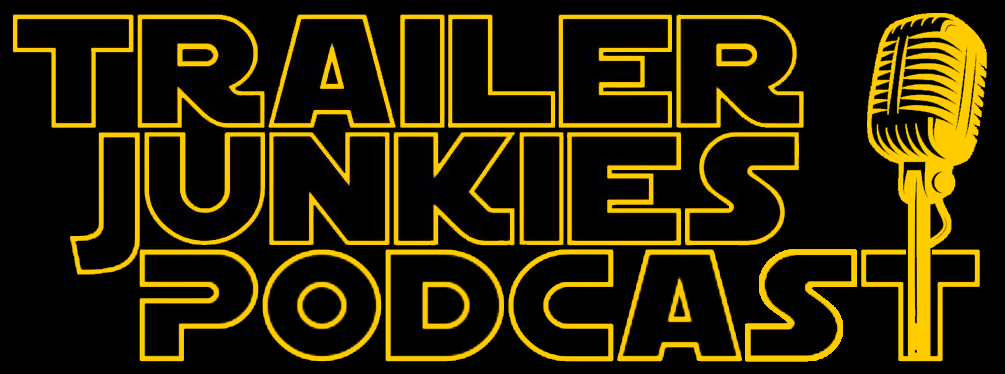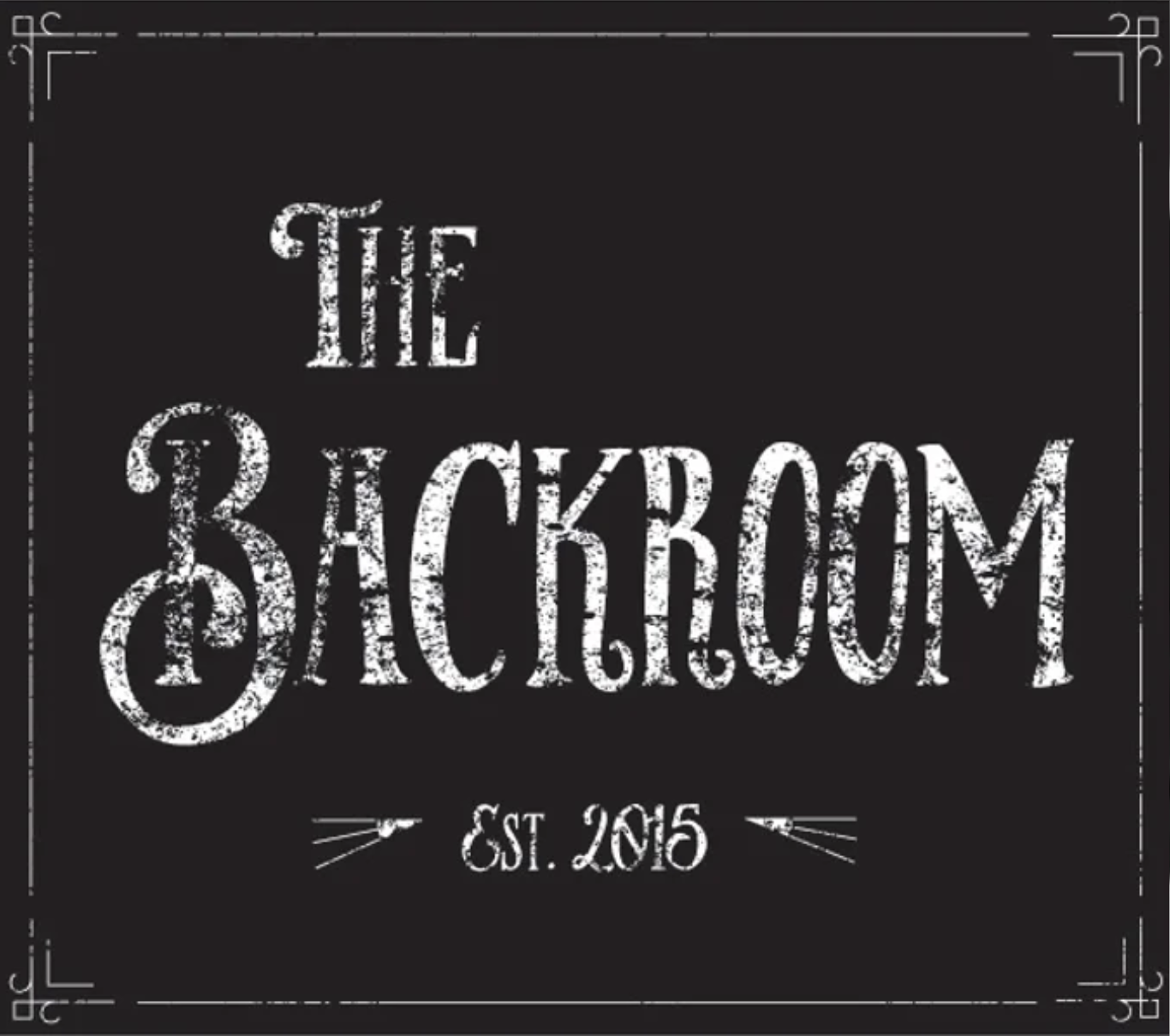Moana Explains Business
/Next to experience, storytelling can teach us truths beyond any lesson or lecture. This makes myth very powerful and while Moana is a fun, kid-friendly, music-ladened animated movie – it is also an allegory about big business at a crossroad between mature market and massive market disruption. There are lessons to be learned from this story, so let’s get Big Business into its submarine jammies and tuck her into bed and show her how Moana Explains Business.
First, let’s start easy. The chief of the island, Moana's father, Chief Tui Waialiki, is a CEO of sorts. This makes sense, the Chief is the chief executive. Not a stretch. He is mentoring his daughter to take over the family business. The island business is well-established, thriving and mature. The islanders of Motunui work to tend the coconuts and fish to provide for the village. The difference of these tasks shows it to be a conglomerate of sorts. At first glance, Tui and Moana seem like very different leaders but it is revealed that Tui was once an adventurous leader like Moana. However, circumstances and experience have pushed any founder or start-up spirit out of Tui and replaced it with the status quo directive driven by the market and all those profiting from it.
When the water shows Moana that it is not yet her time by smashing her canoe and almost killing her another business symbol is revealed. Chief Tui takes Moana to the top of the island to share the ultimate goal of every CEO. On the top of the highest peak on the island, there is a moss-covered monolith. He explains that these slabs of flat rock are stacked by chiefs. In the modern business sense, the height of the island is the value of the company. It has been like this for generations. Moana feels the DNA of her ancestors pulling to the open sea but the current corporate culture has her father telling her to just put your flat rock on top and keep everything going and you will be a successful CEO, I mean chief. Tui explains this is your job – stability and modest growth.
While Moana defies Tui by repeatedly attempting to go beyond the reef, her boat is destroyed and she is almost drowned. All business activity has barriers like this reef. But this literal barrier ends up working both ways. It keeps competitors from coming into your market while keeping your business from venturing into new sectors. This is fine as long as your lifeblood, customers, stay healthy and within reach. In Moana, the food is the customer – the coconuts and the fish. Both are tended to and cultivated.
This analogy extends nicely as well; the coconuts are older customers easier to reap but as they die off they are harder to replace. They are limited to the land of the island. In the media space, these are linear viewers set in their ways but also fixed in the ability to grow this part of their market. The fish within the reef are not endless but they are more plentiful but harder to hunt and keep.
We enter a montage of island life running the business of the island with a beautiful Lin Manuel Miranda song about the status quo. “We know who we are.” But the mature market of the island is aging badly. The coconuts are rotting and the fish are leaving. "Fish where the fish are." Such a simple idea. Still, Tui forbids his daughter from venturing beyond the reef. Moana needs the cooperation of an elder, her grandmother. This is what I call legacy corporate intelligence. As the current company culture has drowned out the knowledge of the founder’s culture the grandmother is one of the last links to the past success before island life. It is not lost on this viewer that the Heart of Tafiti is Jade-like. Some could say that the new business culture was jaded.
When Moana goes into the cave of her ancestors she has a vision of a chief from the past. But this was not an island chief. What was his business on ships on the high seas? The business was always the people, the employees. Startups are nimble easy to move where the fish are and a smaller complement of employees to support. This chief was an entrepreneur. When he manages success and decides to move to the island he transitions to a founder since the island is a more stable environment to increase supporting more employees to service more customers. Scale is a typical struggle for transitioning corporate leaders not used to the shackles of bigger sunk costs and when you have a house you have overhead.
Moana has this entrepreneurial spirit but in an established company that is not always appreciated (Let’s be nice and say “rarely” appreciated). Now she is armed with the knowledge of a long-forgotten trait of her tribe. The roots of the island’s past. I’m sure how Walt Disney moved and operated are a far cry from what Bob Iger needs to do today.
Now she is armed with the knowledge of the founder's path and tools. The fish leaving could symbolize a shift in the market. The rotting of the coconuts is the death of a sector. Rarely is it this so clean of a cut but this is a cautionary tale so it needs to have clear demarcations.
Water does so much heavy lifting in this film. It is a character in the movie so it claims allegorical space too. Water is time. As a child time is our friend. Only later in life do we find out that what we thought was our friend is actually indifferent to our wants and desires and has its own plan more powerful than the gods.
So who is Maui? Don't laugh but Maui is risk, specifically unbridled risk, reckless risk. So regardless of how well-meaning he approaches you or your situation, your outcome will be amplified in either direction. Maui knows this about himself and when we meet him he's seeking the magic hook. This magic hook is calculation. Together they are calculated risk. This has much higher chance of success and a good idea for the most part.
Now Moana takes a calculated risk with the time and tools of the founder to seek out Tafiti and replace her heart, in the hopes it will kick start the consumer base and bring life back to the island. This would generate revenue for the island and purpose for the tribe. Here lies the most Stratecharian business concept. Life is never coming back to the island but no one knows it. They continue normal business operations in the hopes it will return but deep down Moana knows the island may support a smaller contingent of employees but the coconut way of life is dead. The faster they can accept and pivot away from it the better.
I love Tamatoa, the Bowiesque giant crab, but Te Ka is the big antagonist of the film. As Moana faces off with her having spent all of her calculated risk just to get there, she is left to face her alone with only her cunning. Upon examination, Moana notices that the thing that will destroy the tribe, people, island, company, employees. So focused on Tafiti the people did not notice that which gave the company life is now set to destroy it. I always say that hubris and clinging to the past will down the mightiest of business giants. This is no different here. This is a slow process so Moana commands time to allow Te Ka to come to her. What a great power play! Too often the fear of corporate cannibalization freezes the company from the pivot that is needed. This turns your greatest asset into your biggest problem.
Now Moana has restored the customer base returned life to the island and purpose to her people. So now it is time to return to island life and grow the company by the height of the slab she will place on the monolith - NO! She places a conch shell on the top capping the business of the island. It's functioning again and seemingly vibrantly so but she has her people on the water of the high seas where the real monstrous gains and risk traveling along independently but with his calculation tool restored.
The moral and my big business takeaway: if you have entrepreneurial people in your company foster it with tools that allowed the main company to lay down roots and roll with the successes and failures - in the aggregate the various businesses should have gains if your magic hooks are big enough and you manage to keep entrepreneurial people. Like I said earlier the hubris is too easy a trap to fall prey to.
Nite-nite big business – don’t let Tamatoa bite!

























